Day 35 | Our Shared Humanity
BY KENNETH WOODS | April 9, 2019
Today’s Readings
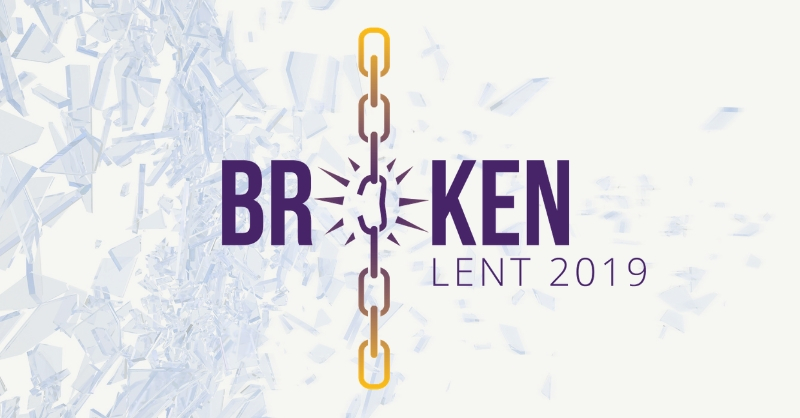
This year our school started its first ever debate team. The theme is immigration, a topic to which many students have a personal connection. Oftentimes during practice, our conversations include talking about race, discrimination, and other inequalities.
At one of the debates, a student said to me, “This might sound a bit racist but…” I responded, “Well, when you start that way, it probably will be, but let me hear what you have to say.”
He continued, “Until I met you, Mr. Woods, I didn’t know black people could be civilized. You always see them hanging out, not doing much and that’s just not you.”
Being a person of color, I’m unfortunately used to comments such as these, but the word “civilized” struck a chord. I responded by saying, “You cut me pretty deep with the word civilized, but I’m glad I’m able to challenge your ideas of what a black person can be, and I’m honored that you felt comfortable sharing that with me.”

The rest of the day, all I could think about was what this student told me. I was upset. Even though I’m the only African American staff member on my campus, I’ve never felt isolated from the community—now I did. I was angry that no one else on my campus could understand what it feels like to be complimented on their civility.
After I let my emotions pass, I began to think about how insightful this experience turned out to be. He told me that he thought one way but through our interactions, he now thinks differently—and that is pretty powerful.
Nowadays, we are so quick to condemn, and giving this country’s history it’s not unwarranted. But had I done that with this student, what actually happened would have been lost. Discrimination, racism, sexism, and all other forms of oppression should undoubtedly be met with condemnation—but not before taking the time to listen and reflect. What on the surface made me upset was actually someone recognizing my humanity, and the humanity of others.
Kenneth Woods is transportation and program coordinator in the Corporate Work Study Department at Cristo Rey San Jose Jesuit High School. He is always seeking to share his experience and learn from others.

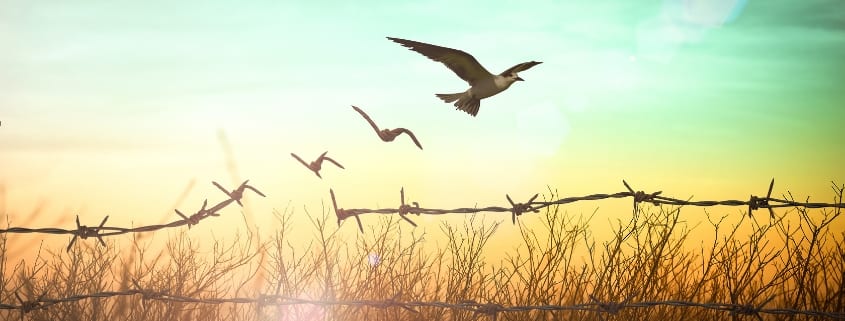

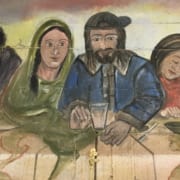
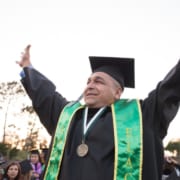


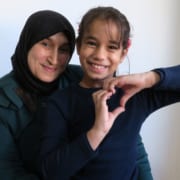

Thank you Mr. Woods for being present, sensitive, thoughtful, and an instrument of change. Your testimony is very powerful.
Thanks! I really appreciate it.
Perhaps 3of the most important words in your response were the words “listen and reflect.” To me that is expressing the Holy Spirit at work in us. What a gift for you and that student to have had that trusting conversation. I grew up in the rural Midwest and did not have the opportunity to ever have even a conversation with a black or brown skinned person until about age 23! Only from a distance did we see either race once in a great while. Our family expressed no racism whatsoever but we also had no means of communication with other races. But we did experience judgment from other hurtful angles. What do we all have in common? That we are all made in the image and likeness of God.
I had a blessed opportunity to pastor a black congregation earlier in my Jesuit years. At about that time (1984) the African-American bishops wrote their pastoral letter about the gifts that African-American Catholics were bringing into our Church, “What We Have Seen and Heard.” We Irish-German Catholics needed these gifts: freedom, reconciliation, community, a joyful spirit, a whole-person body and soul presence at Worship. Thank you, Ken Woods, for bringing these gifts to that Jesuit High School.